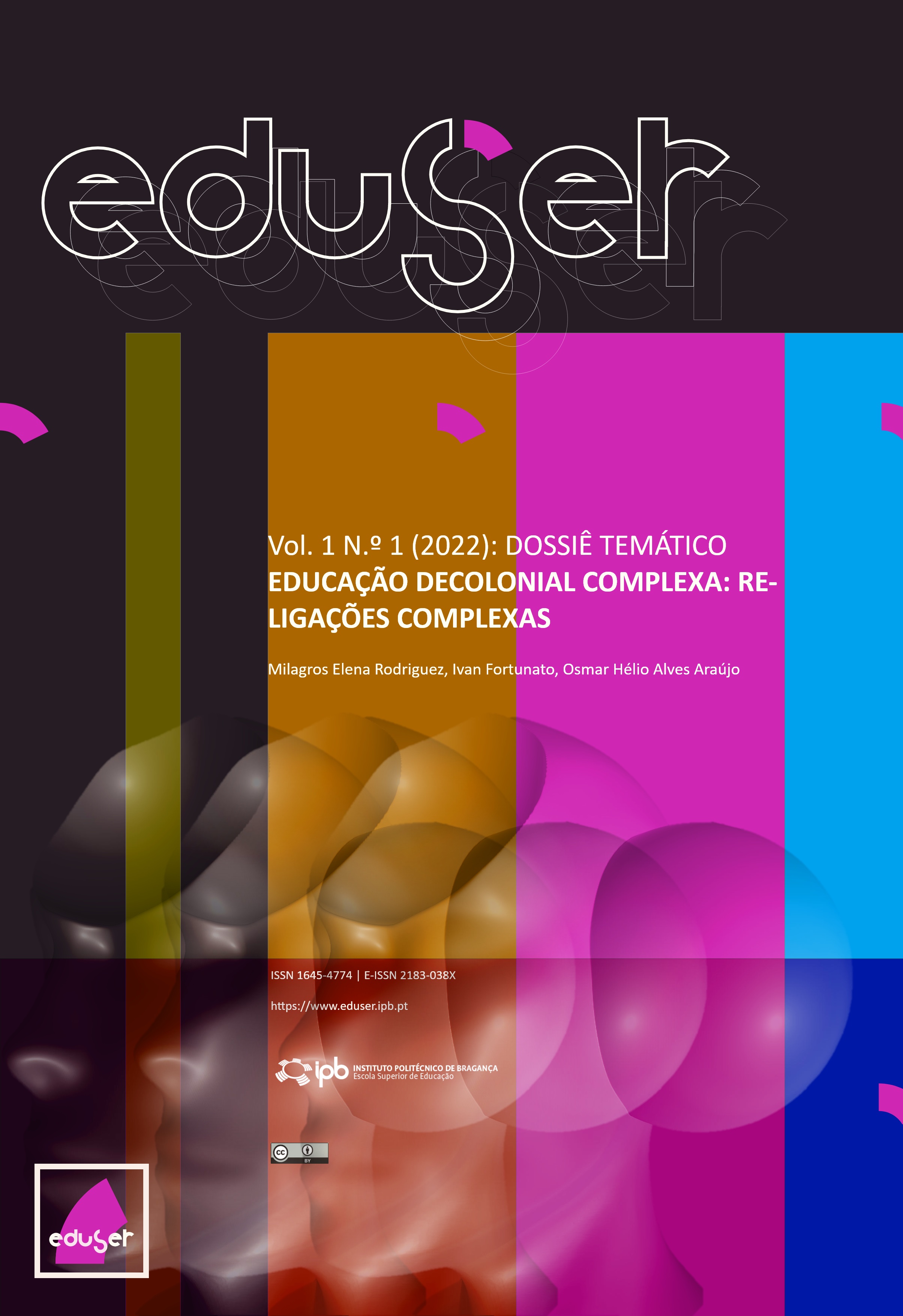Human Rights and ethnomathematics: other ways of understanding education (mathematics)
Main Article Content
Abstract
Downloads
Article Details

This work is licensed under a Creative Commons Attribution 4.0 International License.
References
Barroco, M. L. S. (2008). O significado sócio-histórico dos direitos humanos e o serviço social. In Palestra da Conferência Mundial de Serviço Social da Federação Internacional de Trabalho. Salvador, BA.
Benevides, M. V. (2009). Cidadania e direitos humanos. IEA. www.iea.usp.br/artigos
D’Ambrósio, U. (1996). Educação matemática: da teoria à prática. Papirus.
D’Ambrósio, U. (2005). Etnomatemática: Elo entre as tradições e a modernidade. Autêntica.
D’Ambrosio, U. (2016). A metáfora das gaiolas epistemológicas e uma proposta educacional. Perspectivas da Educação Matemática, 9(20), 222-234.
Dos Santos Rodrigues, I. C. F. (2020). Escolas de ontem e de hoje na Amazônia Paraense: Fissuras em prol das aprendizagens e da formação docente. REMATEC, 15(33), 224-241.
Grosfoguel, R. (2019). Para uma visão decolonial da crise civilizatória e dos paradigmas da esquerda ocidentalizada. Decolonialidade e pensamento afrodiaspórico. Autêntica, 55-77.
Maldonado-Torres, N. (2018). Analítica da colonialidade e da decolonialidade: algumas dimensões básicas. Decolonialidade e pensamento afrodiaspórico, 2, 27-53.
Mignolo, W. (2008). Desobediência epistêmica: a opção descolonial e o significado de identidade em política. Cadernos de Letras da UFF, 34(1), 287-324.
Quijano, A. (2005). Colonialidade do poder, eurocentrismo e América Latina. A colonialidade do saber: Eurocentrismo e ciências sociais. Perspectivas latino-americanas. CLACSO.
Vergani, T. (2007). Educação etnomatemática: O que é. Flecha do Tempo.
Vieira, L. B., & Moreira, G. E. (2020). Contribuições da educação matemática para a cultura de respeito à dignidade humana. Revista Interdisciplinar de Direitos Humanos, 8(2), 173-188.
Vieira, L. B., & Moreira, G. E. (2020). Políticas públicas no âmbito da educação em direitos humanos: Conexões com a educação matemática. REAMEC-Rede Amazônica de Educação em Ciências e Matemática, 8(2), 622-647.
